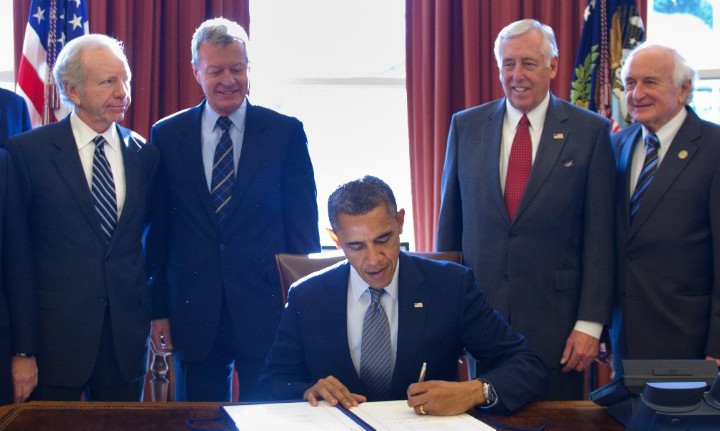Payments From Blocked Sources In Non-SDN Delisting Cases
It may occur from time to time, that a Specially Designated National (SDN) or Blocked Person which has been designated by both the United States Department of the Treasury’s Office of Foreign Assets Control (“OFAC”), and by the United Nations (“U.N.”). This is a particularly plausible scenario since a designation by the U.S. typically triggers U.S. obligations under the United Nations Participation Act. Depending on the particular sanctions program under which the SDN is designated, any U.S. counsel for the SDN, may be able to represent the SDN with respect to seeking the removal of the OFAC SDN designation, so long as any payment for such services is licensed. In addition, OFAC has a licensing policy in favor of the release of limited funds from blocked accounts related to such representation. However, in cases where the SDN requires representation before an authority other than OFAC or the U.S. government (i.e., the U.N.), the ability to retain U.S. counsel is much more difficult.
For example, let’s assume that the SDN in question wants to hire a U.S. lawyer to challenge his United Nations designation, in addition to his SDN designation. Despite the fact that the regulations governing most sanctions programs have general licenses for legal services, those general licenses do not extend to representations before other governmental authorities, such as the United Nations. This is due to the fact that when it comes to those general licenses the relevant subsections only extend to, “representation of persons before any Federal or State agency with respect to the imposition, administration, or enforcement of U.S. sanctions against such persons.” As such, any sanctions designation made by an authority other than the U.S. federal government or a U.S. State government, requires a U.S. party seeking to provide those legal services in connection with a delisting request to a non-U.S. authority, to first obtain a license from OFAC to do so.
It has been my experience that OFAC will license such representations and the receipt of payment for fees and incurred expenses from unblocked sources; however, OFAC will not license the release of funds in blocked accounts for such representation. In other words, a U.S. lawyer can represent a U.S. person designated by the United Nations (or other governmental authority), so long as they are willing to do it for free if no funds are available from unblocked sources. As such, if it is U.S. person who is designated (which is not typically) the case, it is likely that they will be unable to find experience, competent counsel, to handle the U.N. case as their assets will likely all be blocked and OFAC will not release those funds for their representation before the U.N.


